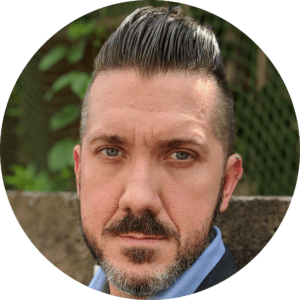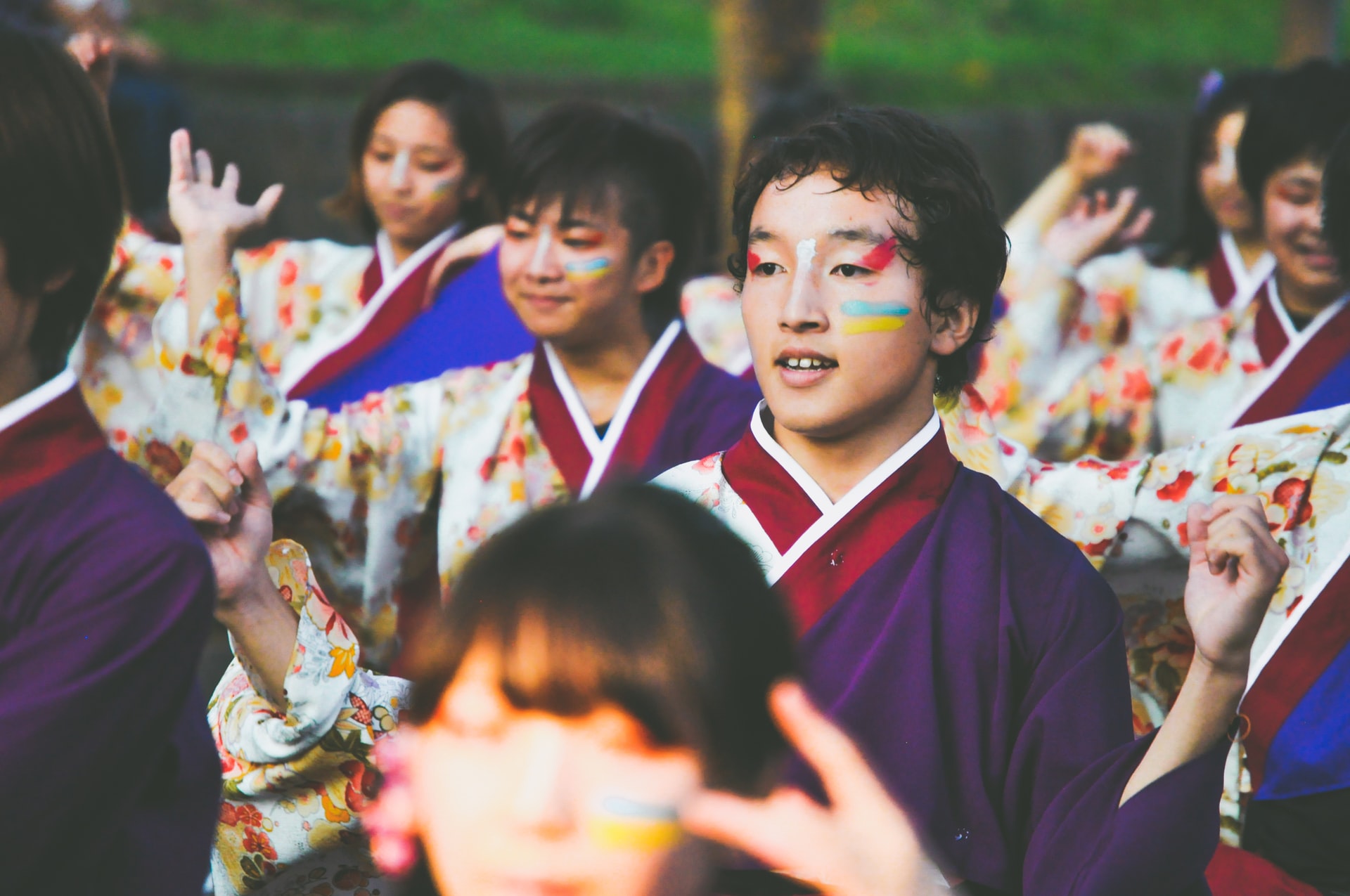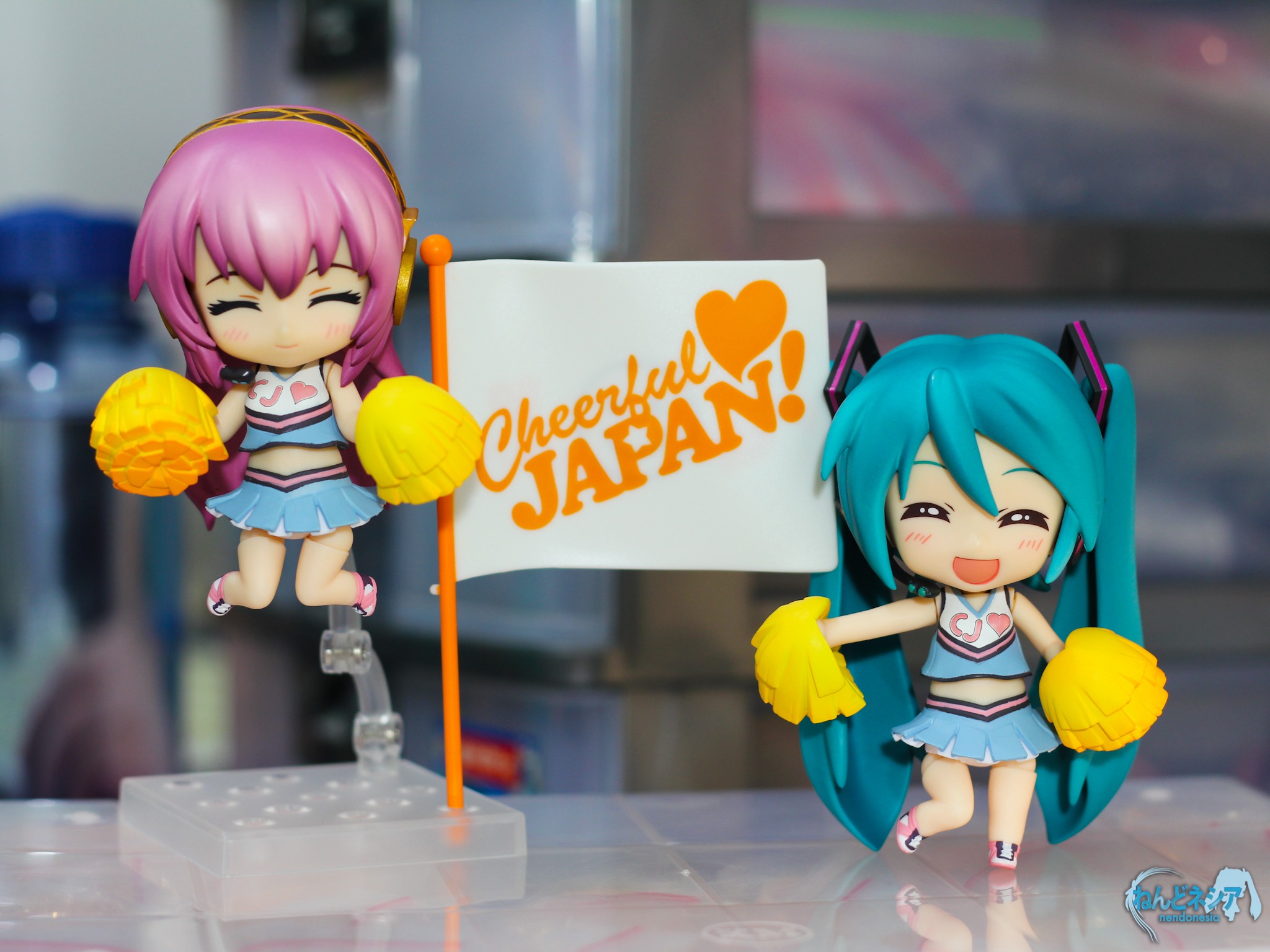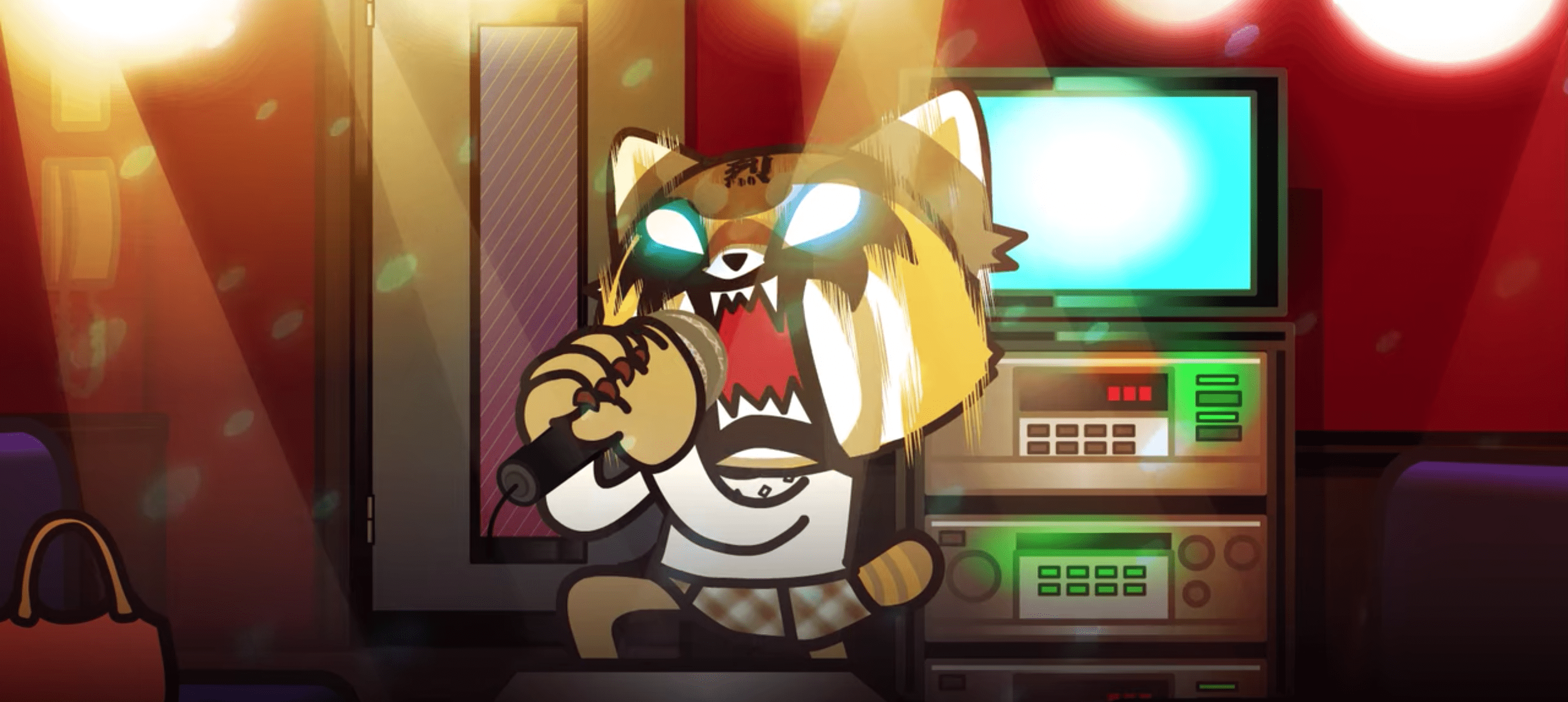How Toxic Positivity Is Stifling Japan

By Richard Milner
Staff Writer
30/9/2020

In Japan, everyday interactions are supposed to be light and cheerful. Public decorum here pressures you to be genki (energetically healthy), and expressing negative thoughts and feelings in public is considered taboo. Much of this stems from the cultural etiquette of tatemae (public face) vs. honne (true feelings), a distinction most Japanese people internalize early on. Unless you’re in an inner circle of family and friends, don’t expect to hear any negativity, and especially not in business circles where excessive politeness and brown-nosing is de rigueur.
At first glance, this might not seem like a bad thing. After all, Japan is an exceptionally peaceful place with very little conflict and violence (it was ranked #9 in 2020’s Global Peace Index, out of 163 countries). Tatemae is similar to telling “white lies,” and involves engaging in harmless lying or omissions of the truth to preserve the peace.
But when combined with other cultural factors that also, on the surface, seem largely benign, Japan becomes a place of repressed psyches where it’s difficult to express negative feelings, even constructively.
Japan becomes a place of repressed psyches where it’s difficult to express negative feelings.
The Japanese education system actively teaches a lack of introspection through a completely passive, non-exploratory methodology of problem solving. Students learn cooperation through cleaning classrooms and taking care of class pets together, but that cooperation involves the suppression of the self and personal feelings that might distract from the collective’s objectives.
When they enter the workforce, they are immersed in gaman, an ethic of persistence and endurance, which becomes a way for abusive employers to keep employees silenced and reluctant to express negative thoughts or feelings that might bring down the group.
Japanese modesty, which involves submission to authority and hierarchy and not standing out from your peers, becomes a gag that prevents people from speaking up about inner needs and difficulties.

In fact, it’s generally considered shameful to even admit being in a state of psychological or emotional need. People are driven to the breaking point before seeking out psychological assistance. Hospitals receive suicidal patients, assign them to in-house psychiatrists who prescribe medication and leave the patients dependent on medication for emotional regulation without addressing any of the root causes of their problems. And whilst medication under psychiatric care is covered by national health insurance, therapy isn’t.
The combination of these things can make Japan a place of poisonous silence and toxic positivity. Smiling and bowing keeps your mouth shut and your head down. Simply “venting” about personal or professional difficulties can be a breach of an unspoken social contract. Resorting to therapy – the notion of talking through your issues – is considered shameful.
Despite their constant displays of good cheer, people in Japan don’t feel positive all the time – quite the contrary. Buddhism is one of its main religions, and it preaches the transience of life and how suffering is unavoidable, and even noble. Brutal working conditions and crushing societal pressures contribute to one of the world’s highest suicide rates, at 15.8 per 100,000 people in 2019 (even if the number has started to marginally decrease).
Buddhism is one of Japan’s main religions, and it preaches the transience of life and how suffering is unavoidable, and even noble.
Of course, toxic positivity isn’t unique to Japan. People in countries all over the world are familiar with how a “good vibes only” spirit can gloss over serious issues and make tough circumstances harder by suppressing healthy discourse and problem solving. Anyone who has suffered depression but felt forced to smile in public, or been told to simply “cheer up” in the face of great hardship, will know how toxic positivity operates.

Picture Credit: Charlie
In Japan, toxic positivity is linked to the gaman-genki-modesty-shame quartet, which stems from the historical homogeneity of Japanese culture, ethnicity, and language. Like in a silent household, assumptions abound, differences are smothered, and resentments brew. The inherent vagueness of the Japanese language, where multiplicity of meaning dominates, only complicates the clear expression of thoughts and feelings. The public expression of negative sentiment is largely limited to specific environments like karaoke rooms, where over-the-top, hyper-emotive performances are the norm and people are allowed to indulge in displays of extreme emotions, including anger and sorrow. After-hours drinking with co-workers (nomikai), where alcohol can be blamed, affords a similar outlet.
Pre-Meiji era (1868-1912), people in Japan were actually more willing to express negative emotions and to be freer with their opinions in general. Political satire was abundant. Tokyo people were known as belligerent and loose-tongued. The Western incursion into Japan, however, led to a nationalistic pushback that culminated in World War II. The aftermath of the war saw a national feeling of defeat, resulting in the introversion typically associated with modern Japan, as suggested by Chiaki Abe, psychotherapist at TIP Tokyo International Psychotherapy. In a tough, post-war economic slump, with Japan’s supposed invulnerability exposed as a sham, everyone needed to shut up and do their part. Bringing others down, or drawing attention to one’s own needs instead of productively contributing to the group or the growth of the nation, became a nigh unethical act.
If toxic positivity is now part of Japanese culture, though, perhaps it’s time this changed. But what can be done about it?
Mental health services do exist in Japan, albeit on a smaller, far less recognized scale than in many other countries. Billy Cleary, clinical director at TELL (Tokyo English Lifeline) a collective of counselors that started as a suicide hotline 47 years ago, stated that 80-85% of people who seek out mental health care professionals in Japan are expatriates. The Japanese people who seek help are almost invariably those who’ve had exposure to non-Japanese cultures, like returnees to Japan, those with non-Japanese partners, or the rare few who widely travel outside the country. Overall, mental healthcare is extremely stigmatized in Japan, and believed to be only for “crazy” people.
Mental healthcare is extremely stigmatized in Japan, and believed to be only for “crazy” people.
TELL is one part of the solution to Japan’s toxic positivity, and offers bilingual services to both Japanese and non-Japanese people. MBSR groups (Mindfulness-Based Stress Reduction) like those run by Tokyo-based Patrick Mitchell, offer sessions in which patients can share their inner feelings like in therapy, but in a group setting that incorporates a counselor as moderator.
Therapists I spoke to in Japan said that combating toxic positivity requires a willingness to step into a space of vulnerability, where rejection and criticism are ok, which is something that simply isn’t offered in Japanese society. Colin Zimbleman, Kansai-based clinician and private practitioner, said that Japanese people aren’t raised to engage in self-examination, aren’t encouraged to develop these skills, lack the tools to do so as adults, and as a result don’t know where to look when reaching the breaking point except hospitals and psychiatric medication.
The problem is systemic – generational, even – and according to Abe, solutions must start at the individual level, not a social one, let alone an institutional one. The hope is that change will percolate up from individuals until institutions themselves are affected, which will then change society as a whole.
Twitter seems to provide a unique forum for people to transgress against the cult of positivity. Instead of the bright and shiny pictures of family birthdays, beach holidays, duck lips and peace signs typically found on social media, Twitter abounds with Japanese speaking their minds and sharing their frustrations with people outside their family and friend circles.
A study by Shannon Mason, Assistant Professor of Education at Nagasaki University, investigated how useful Twitter has become for teachers to express anger about adverse working conditions. Others have used Twitter to complain about changes to operations at McDonald’s. Convenience store clerks have taken to Twitter to discuss their pet peeves about customer behavior. Railway employees have used the platform to vent about the numerous stresses of their jobs.
Popular media and entertainment also indicates that change is happening, albeit slowly. Take the Netflix series Aggretsuko, about an office worker whose post-university naivety is shattered by asshole managers and vapid co-workers, and who takes out her frustration by singing death metal curses at them in private karaoke booths. It’s a stunningly honest depiction of unspoken societal frustrations that would never have aired 10 years ago.

Retsuko in the privacy of a karaoke booth
In the end, yes, Retsuko (the main character) still had to be “cute” in order to be palatable (her character is an anthropomorphic red panda, and was hand-crafted by the Sanrio company, responsible for Hello Kitty), and yes, she disappointingly swallows her rage in order to perform her role in the office, but the show is a step in the right direction. Aggretsuko has been renewed for season 4, which suggests it appeals to many people. Whilst a cartoon will not solve Japan’s problems, it does help to normalize negative sentiment in Japan.
A pushback against toxic positivity in Japan is happening on several different fronts and will be a slow and difficult process. Hopefully in time, people will realize that expressing negative sentiment is as important a part of being human as expressing positive sentiment, and Japanese people will no longer need to just grin and bear it.
